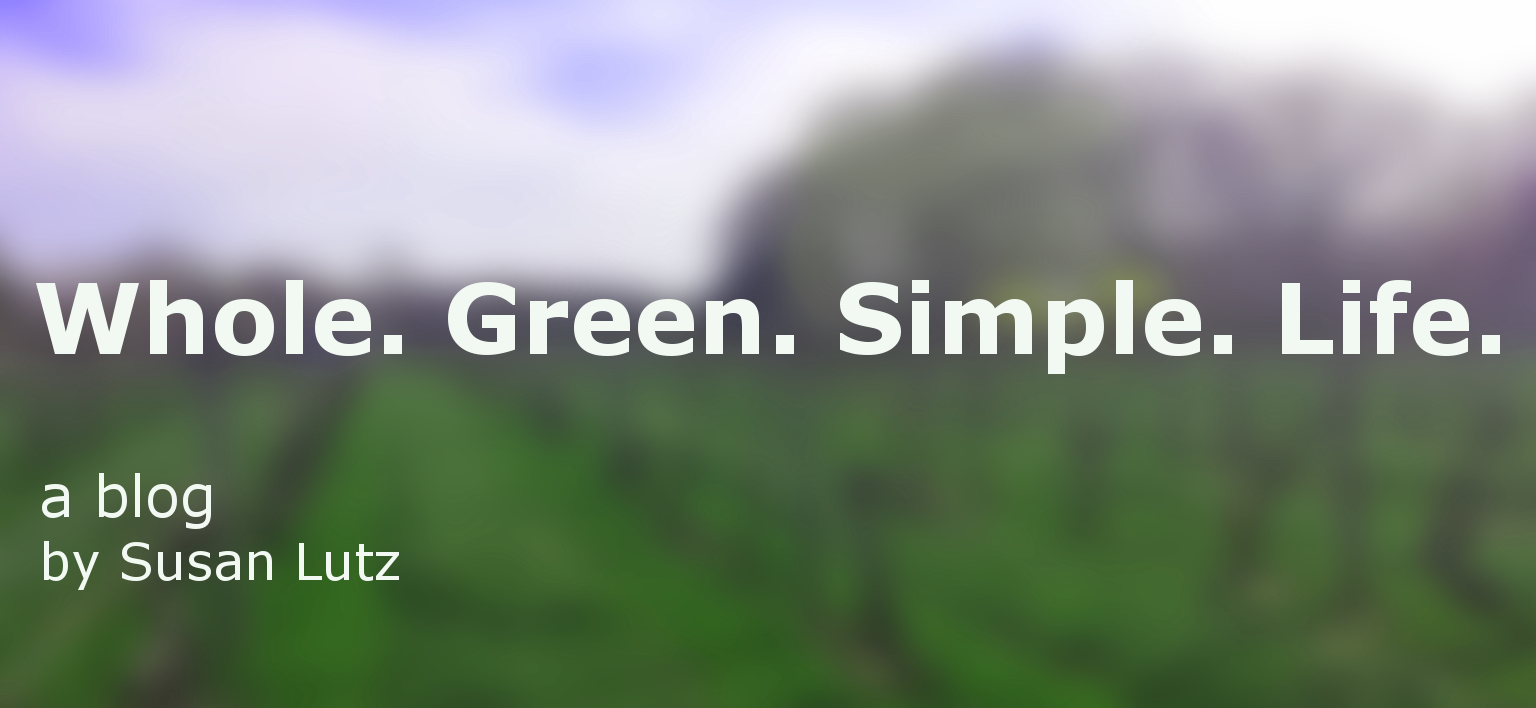By Susan Lutz
We change all the time. We adapt and learn to survive in new ways. When it comes to food, we fight for the right to know what’s in it, eat organic, and buy local. Often these steps all seem logical. We must continue to move forward and build a better food-making machine.
Enter the GMO. Are they good for us? Bad for us? Huge corporations say they are not only fine but needed. How can GMOs be good for us? While sipping my organic, fair trade coffee one morning I saw a report on CBS Sunday Morning about GMOs, examining both sides. I have to admit, after seeing the papaya grower’s woes about a bug that wiped out all of their crops, I could understand why the farmer chose to use GMO seeds to grow a new papaya that was bug-resistant. Both sides gave logical reasons as to why we should allow or ban GMOs.
It’s easy to say something is “all bad”. McDonald’s, for example, encompasses many things I deplore. Yet, I’ve eaten there. I took my kids to the indoor play areas when I lived in a country that either didn’t have parks for kids or had parks that were too dangerous to play in. Did I understand that I was being “sold” a brand in hopes that not only I but also my children would remember those golden arches for a lifetime? Yes. (My son still points to any McDonald’s we pass and asks to play there years after he’s been in one.)
Both sides have a point. The organizations that are against the corporations developing GMOs are passionate about stopping their use. To date, about 19 European countries have banned GMOs. But what about that farmer and those dead papaya trees? He’s now farming again, profitable again. Would that happen with non-GMO techniques? Perhaps that’s the bigger question. Much research and development goes into the creation of GMOs, helping to solve difficult problems for farmers. But could there be another way?
The world moves so fast. Rather than understand all of the ramifications of choice, we sometimes move in a direction that can be narrow-minded, one that doesn’t look at the big picture. What if we had found ways to destroy bugs with other bugs? I see reports of farmers finding ways to tend crops with organic solutions. Climate change is a response to our decisions and the impact those choices place on the environment. The decision to buy fair trade coffee or not impacts the people who pick it and the communities they live in. Our decisions- the paths we choose in our oil drilling, animal breeding, crop growing, and automobile design, to name a few, lead us to where we are today.
GMOs are creeping into our crops, in such a way that soon it will be hard to find foods, especially processed foods, that are GMO-free. I know that we eat some GMO foods, even though I read my labels religiously, and when we do, I let it go because I know that we are in a process, one that will teach us to make it back to middle ground.


GMO foods have measurable amounts of RoundUp. You can order a simple urine test here: http://detoxproject.org/glyphosate-testing-test-yourself/